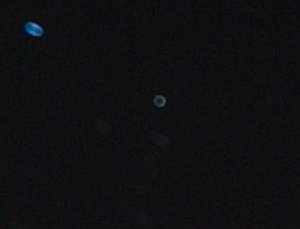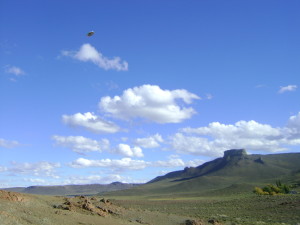We at API recognize that we’re unlikely to accomplish much by ourselves. API is, after all, not an end in itself. As soon as an organization starts to exist for its own sake, it’s simply a matter of time before its original vision is lost or even perverted. API only makes sense to the extent it makes a contribution to the overall vision.
As we see it, our overall strategy is competently investigating many vetted cases, and then looking for telling patterns in the highest probability cases, we are going to have to be part of a bigger network.The larger aim is to begin to ask better questions that ca be scientifically addressed. Grand theories can wait – we don’t even have good hypotheses yet.
To make this work, we need to establish links with other groups that perform quality, ethical investigations and share data in a way that does not violate a witnesses’ need for anonymity.
In addition to the slow, careful process of adding new field investigators, there are other sorts of alliance that can work. We can share cases when all other requirements are met, or anonymized case data otherwise. Just as importantly, we can share knowledge and skills. Skills in areas like video forensics, tracking down long lost corroborators, or analyzing ATC audio tapes could be shared among small organizations worldwide.
In one case a few years ago, it was an Argentine UFO research group who found an object that exactly matched what we were seeing in a set of photographs, and this helped us conclude that the photos were probably hoaxed.
Eliminating hoaxes and misidentifications is an important part of this work – removing the “ordinary noise.” There is also “sophisticated noise,” as Hynek once pointed out, that may be part of the signal. Since we don’t know what the signal is, we need to help each other. I’m sure I don’t have a complete list of all the ways this can work.
What do you think?





